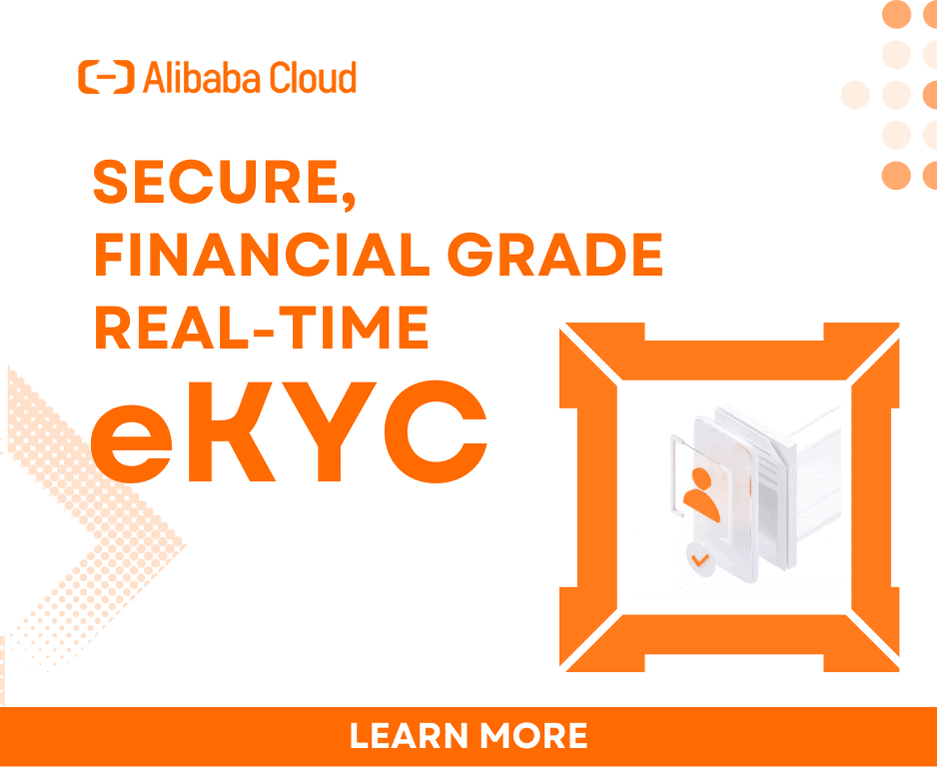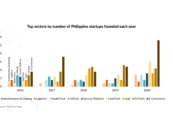
5 Accessible Digital Nomad Visas Open to Philippine Remote Workers
by Fintech News Philippines October 9, 2023The COVID-19 pandemic spurred a dramatic shift in working practices, fueling the rise of remote working and digital nomadism.
The 2022 State of Independence research study by MBO Partners, a provider of technology solutions and personal services to independent professionals and microbusiness owners, found that 16.9 million American workers described themselves as digital nomads in 2022, up 9% from 2021 and by a staggering 131% from the pre-pandemic year 2019.
With the digital nomad lifestyle becoming increasingly popular, countries and territories around the world are racing to set up special visa programs for remote workers and digital entrepreneurs, seeking to lure in these professionals and their foreign income.
It’s estimated that around 50 countries have launched a digital nomad visa program. Although requirements and eligibility criteria vary from one place to another, these schemes all grant their visa holders the same right, allowing them to legally live and work in the country for a set period of time.
For Filipino remote workers and digital nomads looking to explore other parts of the world, we’ve compiled a list of some of the most accessible and affordable digital nomad visas out there. These schemes are all open to Philippine citizens and provide them with different benefits, such as the ability to include family members, low income requirements and the opportunity to transition to permanent residency.
Brazil
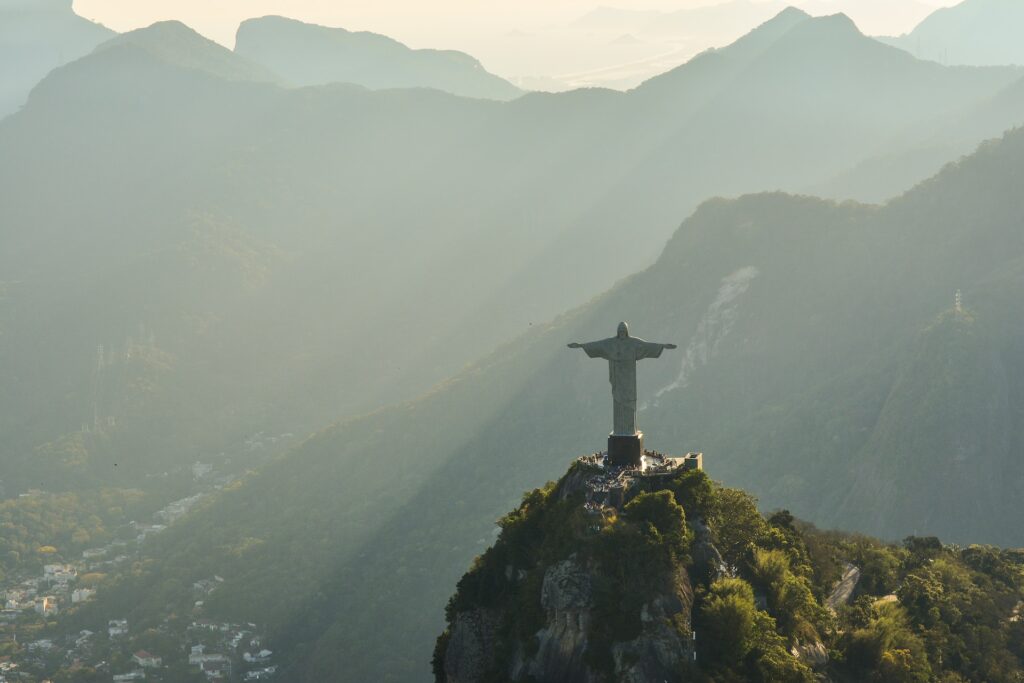
In January 2022, Brazil introduced a new Digital Nomad Visa, aiming to attract remote workers to its shores.
Historically, obtaining residency in Brazil was a cumbersome process, laden with bureaucratic hurdles. However, the introduction of the Digital Nomad Visa has streamlined this procedure.
The visa permits individuals to retain their employment in a foreign country while residing in Brazil for up to a year, with the option of renewing for another 12 months. During this period, visa holders have the flexibility to exit and re-enter Brazil.
To qualify, applicants must either demonstrate a monthly income of at least US$1,500 or possess savings amounting to US$18,000. They must also produce a personal statement certifying the ability to carry out work activities remotely, as well as a contract employment, service contract or other document proving his or her foreign-source income.
Other documents required include a valid travel document, health insurance coverage in Brazil, and a criminal record certificate.
The visa’s cost stands at an average of US$100 and the application process can be initiated at any Brazilian consulate.
Colombia
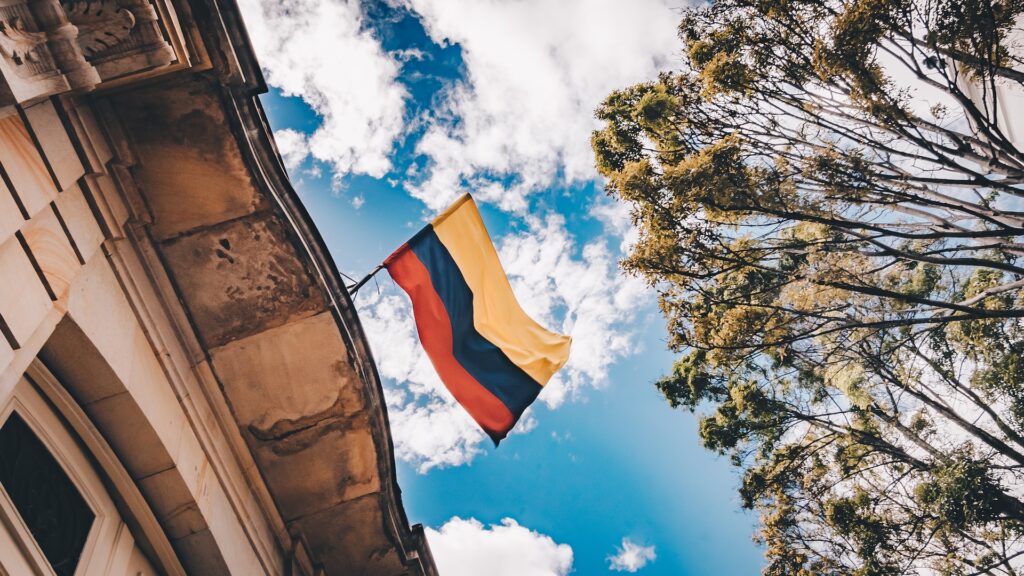
In response to the rising popularity of remote work, Colombia launched a Digital Nomad Visa in March 2023. Named the “Visa V Nómadas Digitales” (Visa V for Digital Nomads), the program is specifically designed for entrepreneurs, freelancers, and individuals who have the capability to work from any location.
One of the standout features of Colombia’s digital nomad visa is its affordability and accessibility. The visa only costs US$177, and to be eligible, applicants only need to have a monthly income of over US$680.
To apply for the visa, applicants must:
- Be a passport holder from a country or territory that’s exempt from short-stay visas. This list, as provided by Colombia’s Ministry of Foreign Affairs, includes nations such as the Philippines, the US, Canada, Australia, most of Europe, and Latin America;
- Provide evidence of employment or self-employment outside of Colombia;
- Not be employed by or receive salaries from Colombian companies;
- Demonstrate a minimum monthly income of 3 million Colombian pesos, or around US$680;
- Hold a comprehensive health insurance policy; and
- Entrepreneurs must additionally submit a motivational letter that outlines the details of their business venture and its associated resources.
Colombia’s digital nomad visa offers several benefits. In particular, it allows for a two-year stay in Colombia and provides access to a state identification known as “Cedula de Extranjeria”. This ID facilitates tasks like renting properties and obtaining mobile phone contracts in the country.
Additionally, the visa application process accommodates family members, allowing them to be included under a single application form.
Curacao

The scenic island of Curacao launched its @HOME in Curacao initiative in 2021 in a bid to boost economic growth in the aftermath of COVID-19.
The initiative aims to cater to travelers, remote workers, long-term visitors, and investors in search of a temporary residence and is structured to serve three primary groups:
Remote workers and digital nomads: These individuals either divide their work time between their homes and other places or are completely location-flexible. Eligibility criteria include the ability to work remotely using telecommunication tools and belonging to one of these categories:
- Employment with a company registered outside of Curacao;
- Being a partner or shareholder in a foreign-registered company; or
- Offering freelance or consultancy services to clients based outside of Curaçao.
Hibernators and snowbirds: Hibernators are self-employed people who move to warmer regions for work. On the other hand, snowbirds, a term commonly used in Canada, are retirees who temporarily relocate to warmer areas during winter. Owning property on the island can also qualify an individual for this category.
Investors: This category targets “high net worth investors”. To qualify, they must provide official documentation showing a business investment of at least ANG 500,000 (US$279,000) in Curacao. Additionally, they should have the financial capacity to support this investment and must have local private health insurance.
The fee for the remote worker visa stands at roughly US$300 (ANG 535). The permit initially lasts for six months, with an option to extend for another six months, allowing a maximum stay of one year. However, this does not grant the individual resident status.
Hibernators, meanwhile, can stay for up to six months, and investors are allowed to reside in Curacao for one, three, five years, or even indefinitely based on their investment size. Visa holders are not allowed to engage in the local job market.
Ecuador
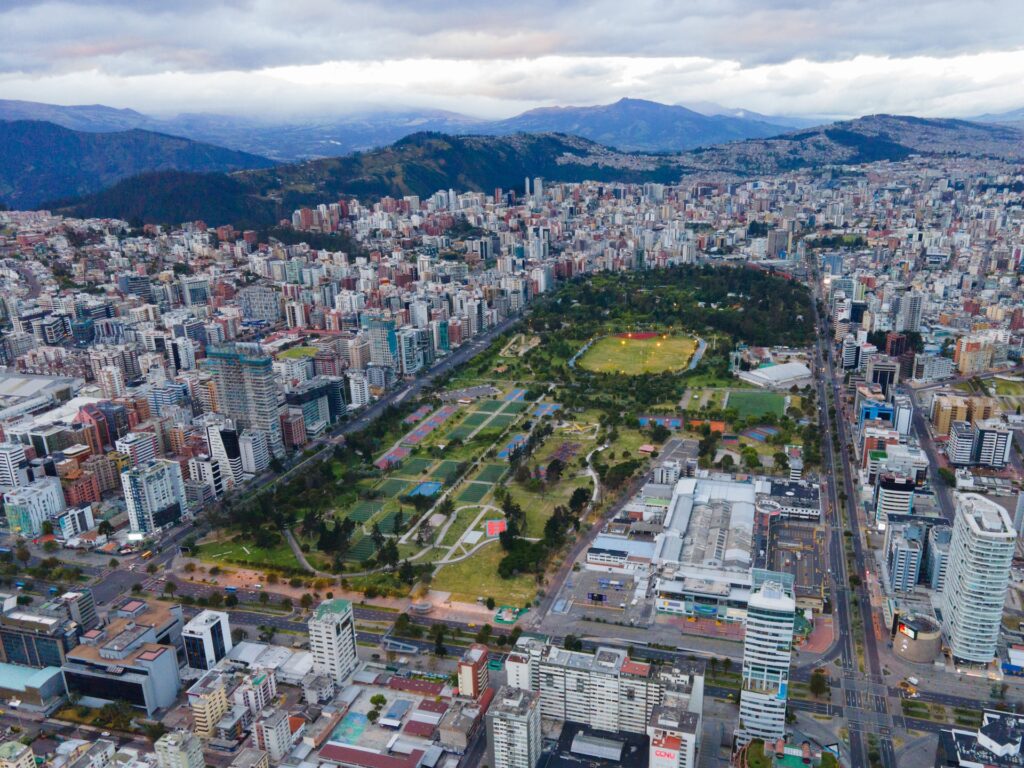
Ecuador introduced the “Rentista for Remote Work” visa in July 2022, targeting the burgeoning digital nomad community. The visa, which is designed to stimulate the post-pandemic economy, permits foreigners to work remotely in Ecuador for a duration of up to two years.
The scheme offers a streamlined visa application process. First, applicants must gather all the necessary documents, ensuring they are translated into Spanish and duly notarized. Once this is done, they need to register on the designated online portal, complete the visa application form and attach all the required documents. After submitting the application, they will receive an email confirmation that includes a procedure number.
Following this, there’s a payment phase where applicants are required to pay an initial application fee of US$50. With the payment confirmed, they can then schedule an appointment, which might involve an interview. The visa approval process is relatively quick, typically taking about seven working days. Once approved, there’s a final visa fee of US$400 to be paid.
Ecuador’s digital nomad visa can be renewed in two-year increments. Additionally, for those who find a home in Ecuador, transitioning to permanent residency is an option, as long as they ensure a minimum stay of 90 days in the country each year.
Eligibility criteria and documents required for the visa application include:
- A valid passport issued within the last decade, with at least six months of validity and two blank pages;
- Comprehensive health insurance valid in Ecuador;
- A certificate of no criminal record from the applicant’s local police station;
- Proof of employment or service provision to a foreign-based employer, company, or client;
- For those with dependents, relevant documents such as marriage or birth certificates;
- Proof of financial stability, showcasing a monthly income of at least US$1,275 or equivalent annual savings; and
- A rental agreement or other evidence of accommodation in Ecuador.
The program is open to citizens from 183 countries, including the Philippines.
Uruguay

Uruguay launched its digital nomad visa scheme earlier this year, allowing remote workers and self-employed individuals to legally reside and work in the country for a period of six months, with the possibility of extending for another six months. This initiative aims to attract digital nomads and boost the nation’s economy.
The visa is designed for individuals working remotely for foreign companies, freelancers and digital nomads, and there is currently no minimum income requirement.
To apply for the visa, applicants must first enter the enter as tourists. They are then required to fill out an online form detailing their personal information, and sign an affidavit attesting to their ability to financially support themselves during their stay. Upon successful completion of the application and a payment of a fee of around US$10, the applicant receives a permit via email. This fee cannot be settled through a foreign bank account, hence the advice of first commencing the application process after arrival.
The visa allows a stay of up to 180 days, extendable for another six months upon meeting the extension criteria. These requirements include producing a proof of a clean criminal record in all of the countries where the applicant has lived for more than six months in the last five years. They’ll also need a vaccination certificate issued in Uruguay.




